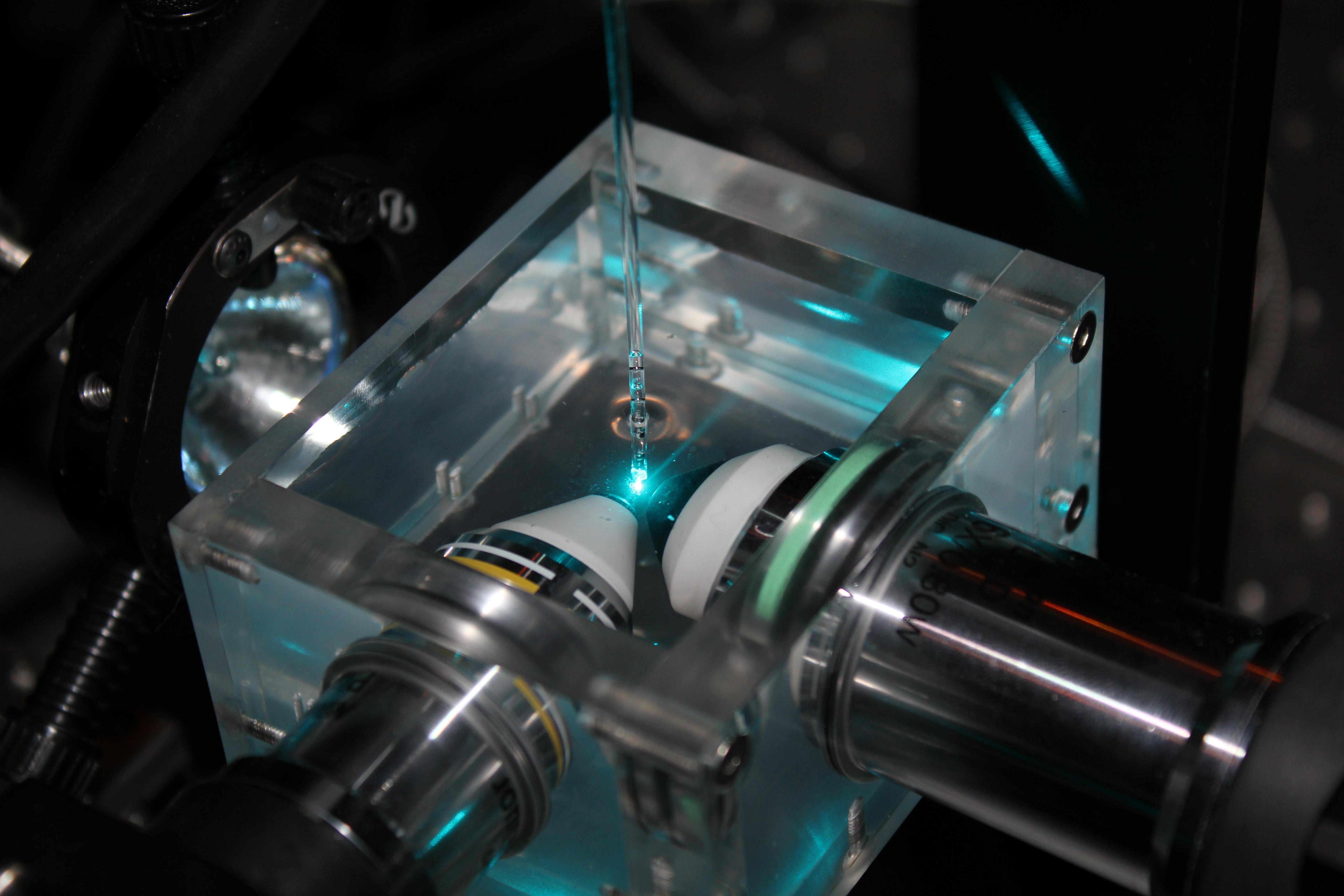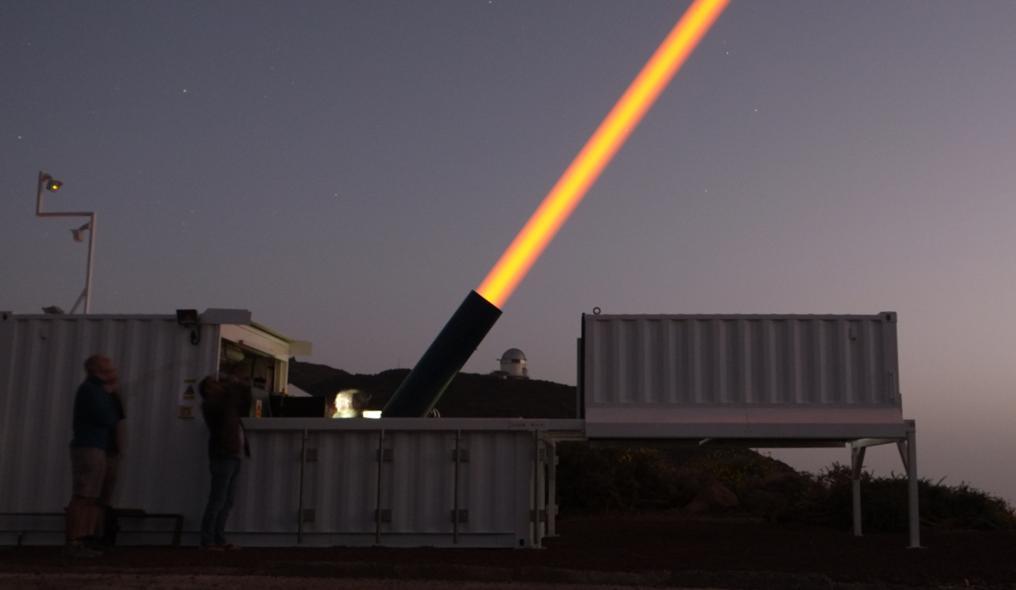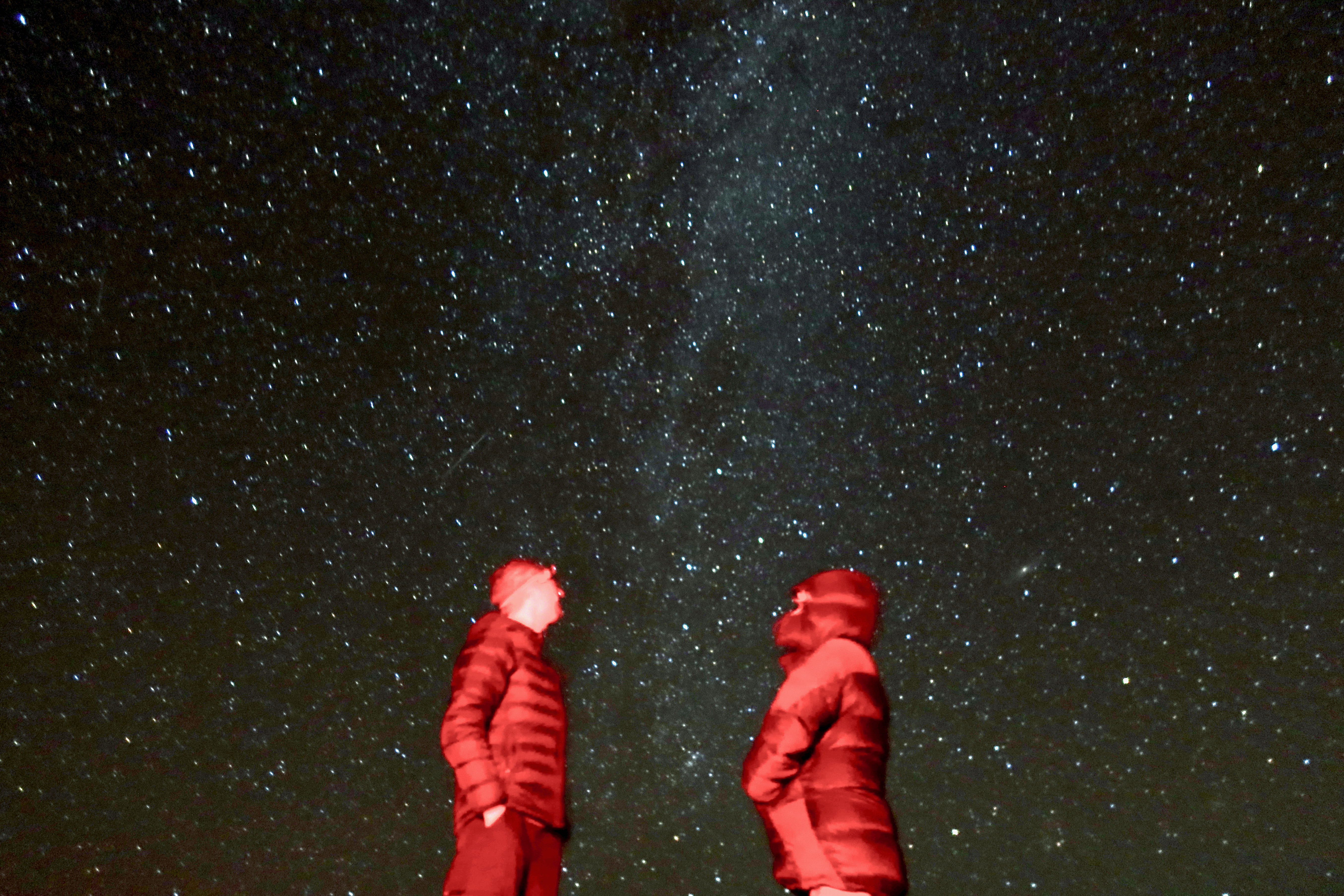Centre for Advanced Instrumentation
/prod01/prodbucket01/media/durham-university/departments-/physics/cfai/CfAI-Webpage-Banner-large.jpg)
About Us
Developing state-of-the-art instruments for use in astronomy, biophysics, remote sensing, fusion diagnostics and much more...
To undertake a world-leading programme of education and research with international impact, based on the development of novel instrumentation and cutting edge technologies with applications across a range of strategically important scientific areas of benefit to modern society.
Contact Us
CfAI Research
CfAI undertake a diverse range of research including astronomical instrumentation, fusion diagnostics, biophotonics and free-space optics.
CfAI Facilities and Services
The CfAI own, maintain and have access to cutting edge research facilities and equipment.
Postgrad opportunities
We are seeking graduate students to undertake research within our PhD and MSc by Research programmes.






/prod01/prodbucket01/media/durham-university/departments-/physics/cfai/telescopes-and-instrumentation/DSC03032.jpeg)
/prod01/prodbucket01/media/durham-university/departments-/physics/cfai/telescopes-and-instrumentation/DSC09601.jpeg)
/prod01/prodbucket01/media/durham-university/departments-/physics/cfai/telescopes-and-instrumentation/BDUA5729.1.jpeg)
/prod01/prodbucket01/media/durham-university/departments-/physics/buildings/VT2A9935.jpg)